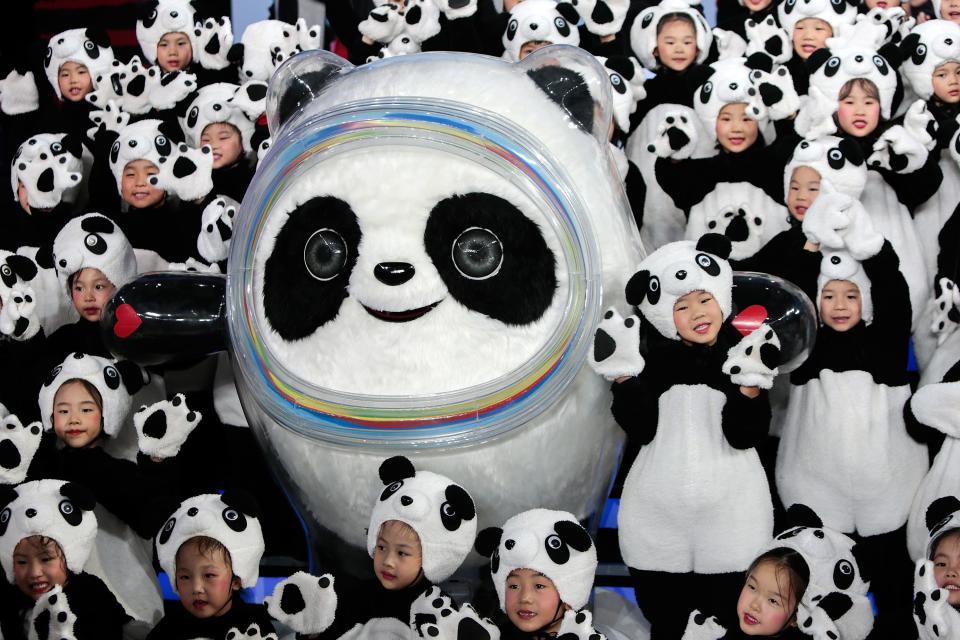Team USA will have to fly charter to Beijing Olympics because of COVID restrictions
U.S. athletes will have to fly charter to the Winter Games in February in order to comply with COVID-19 protocols implemented by Beijing organizers.
Dr. Jonathan Finnoff, the U.S. Olympic and Paralympic Committee’s chief medical officer, said Monday that the requirement is designed to limit interactions with the general public.
“We’re not able to travel by commercial airlines,” Finnoff said during the USOPC’s Beijing media summit.
Just as at the Tokyo Olympics this summer, all Beijing Games participants will be required to follow strict measures to prevent the spread of the coronavirus. The first “playbook” detailing those measures has not been released yet, but Beijing’s protocols are expected to be even more restrictive than those in Tokyo.
Beijing organizers have already said the Winter Games will operate on a “closed loop,” with athletes, coaches, media and all other participants only allowed to go between venues and approved accommodations for the duration of the Olympics. Tokyo participants were subject to that kind of “quarantine” for their first 14 days in Japan, but were allowed to go to restaurants and take public transportation after.

The USOPC announced last month that, beginning with Beijing, all U.S. Olympic hopefuls and staff members would have to be vaccinated against COVID. Anyone possibly going to Beijing has to be fully vaccinated by Nov. 1. About 240 U.S. Olympians and 65 Paralympians will travel for the Olympics, which begin Feb. 4, and Paralympics on March 4.
The USOPC had strongly recommended that Tokyo athletes get vaccinated, but did not require them to do so. Finnoff said on the day of the Tokyo opening ceremony that about 83 percent of the 613-athlete delegation had reported they were vaccinated, meaning that nearly 100 U.S. athletes were not.
While Finnoff said Monday there have been some objections to the mandate, it is a “very small minority.”
“The vast majority of people we’re talking to are very excited about this and feel it’s the right way to go,” Finnoff said. “We’re having one-on-one conversations with those disappointed in this, so we can talk through why they’re disappointed and why we made this decision.”
The USOPC believes the vaccine is the best way to “guarantee the health and safety” of athletes, Finnoff said. But it also will make it easier to comply with Beijing’s restrictions.
China makes an exception for athletes to its proof-of-vaccination requirement to enter the country, Finnoff said, but only with a medical exemption for allergies or other contraindications. Those granted exemptions are then subject to a 21-day quarantine during which they won’t be able to train or compete.
“These are challenging times,” Finnoff said. “But the vaccine policy we put in place, and China has put in place, is going to make Games as safe as possible.”
This article originally appeared on USA TODAY: US Olympic athletes not allowed to fly commercial to Beijing Olympics

